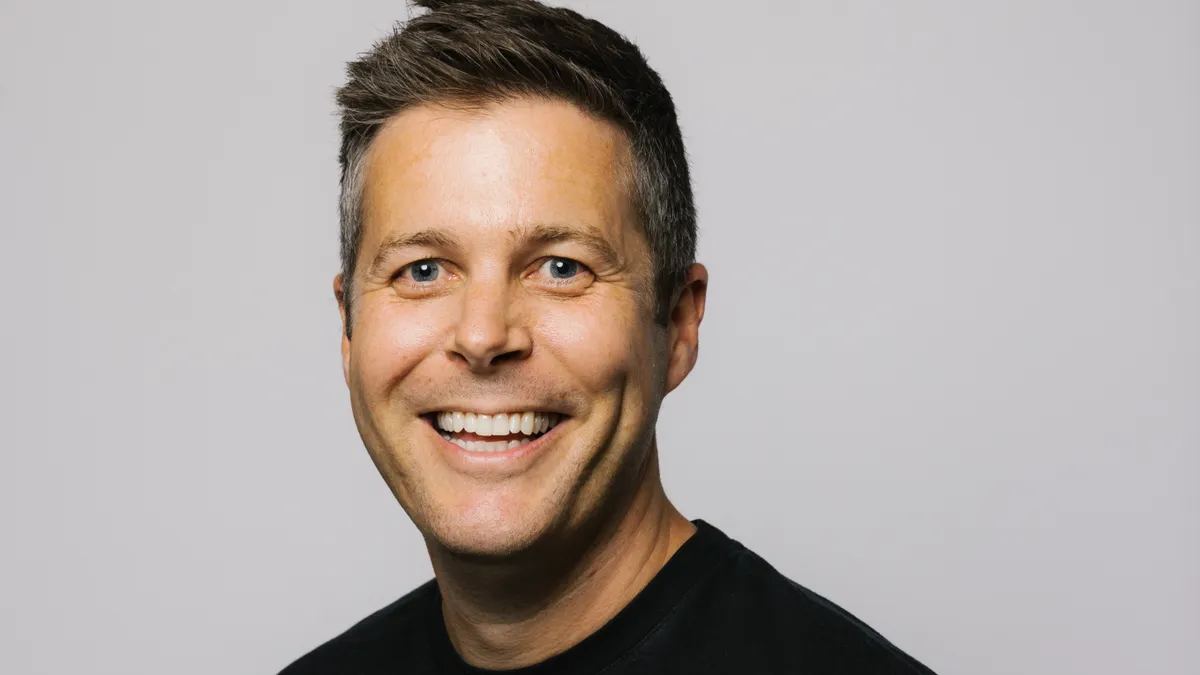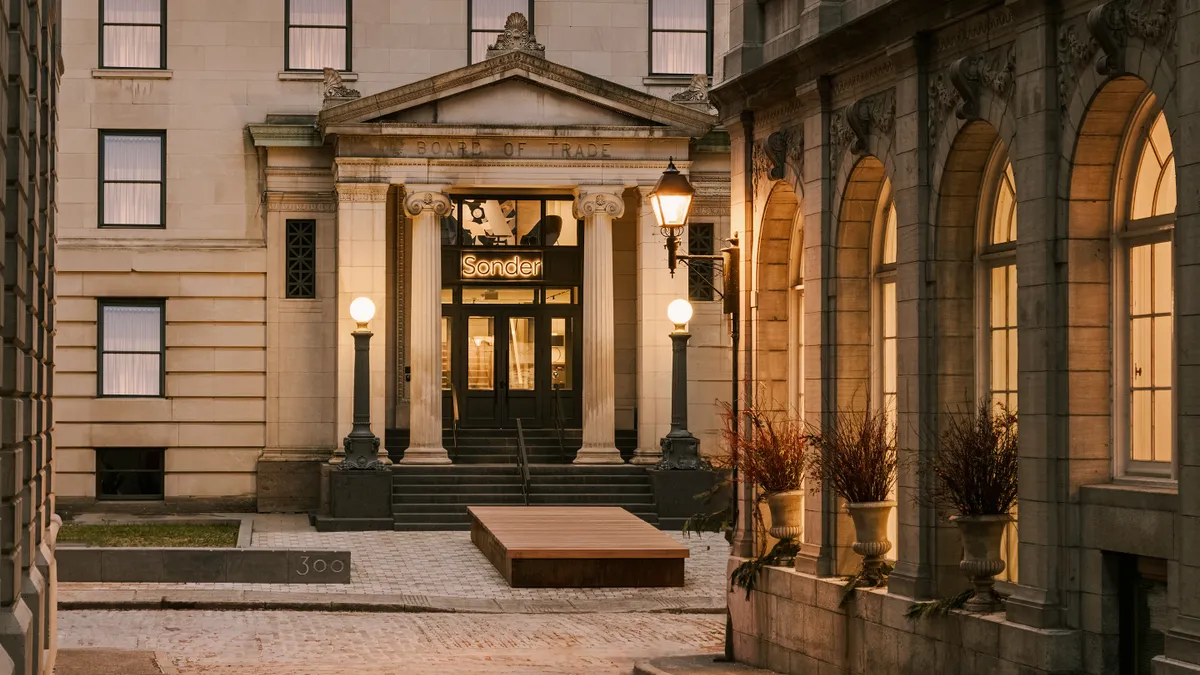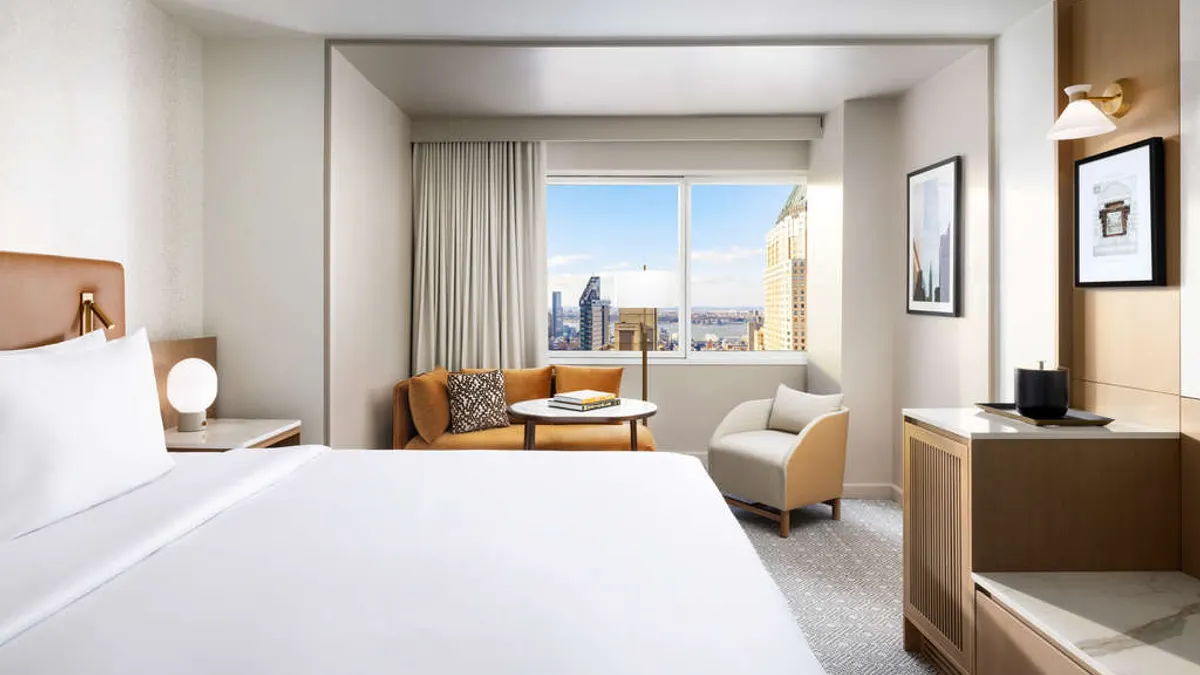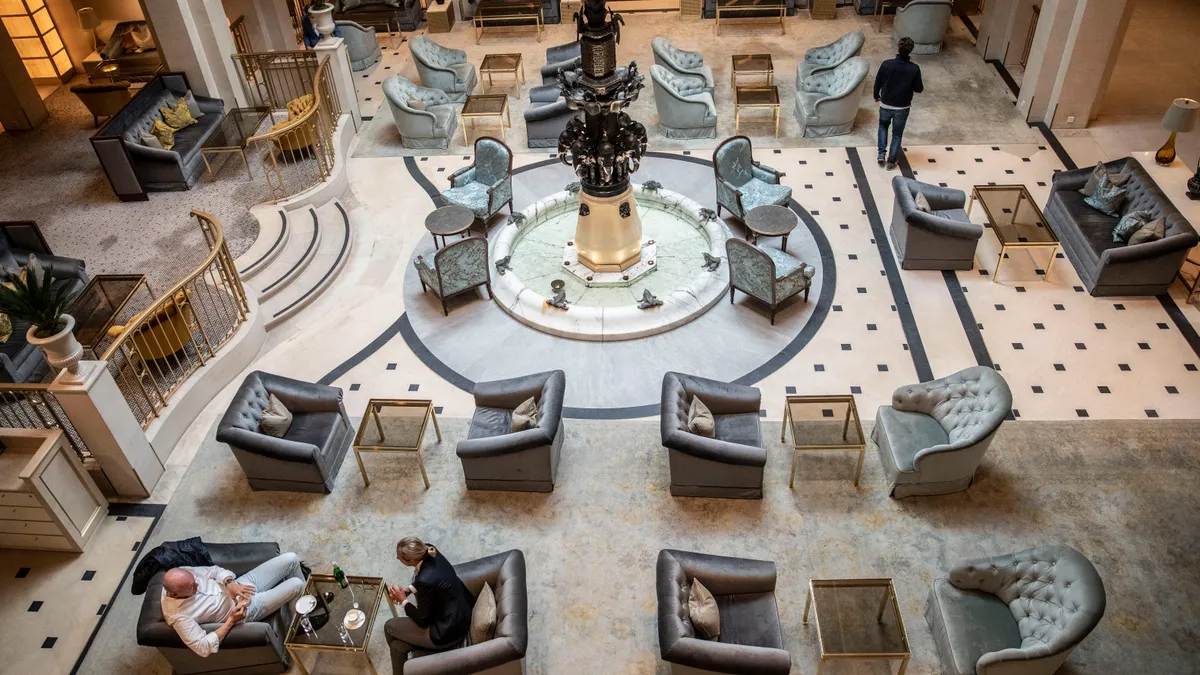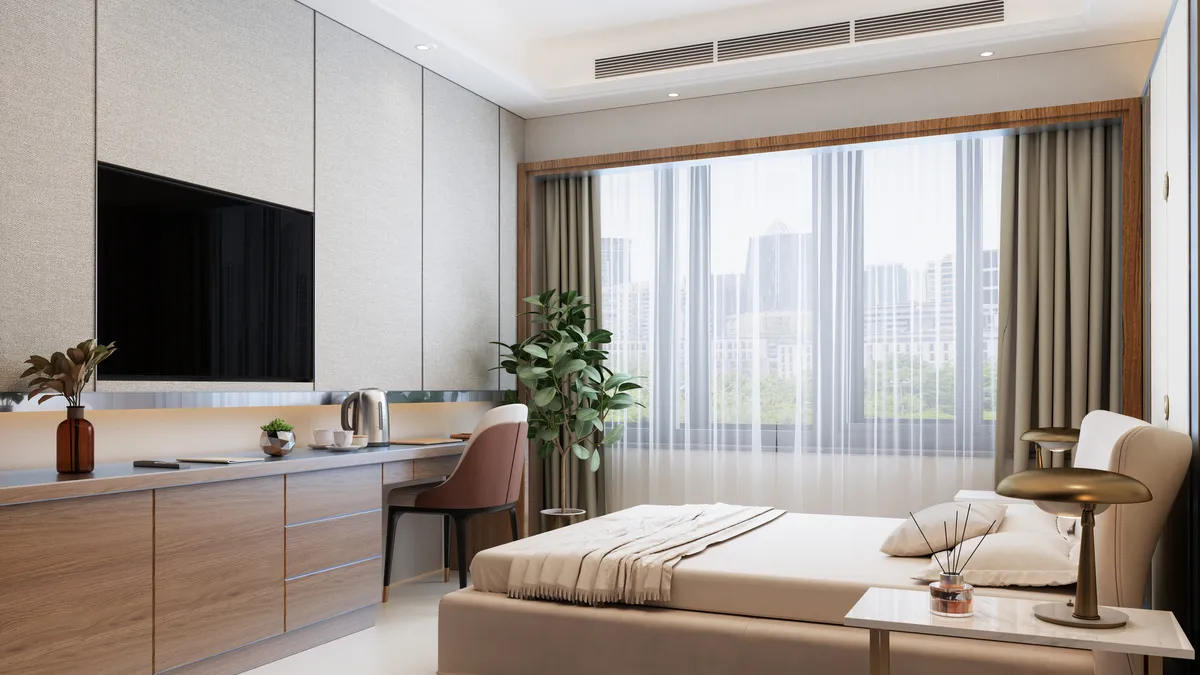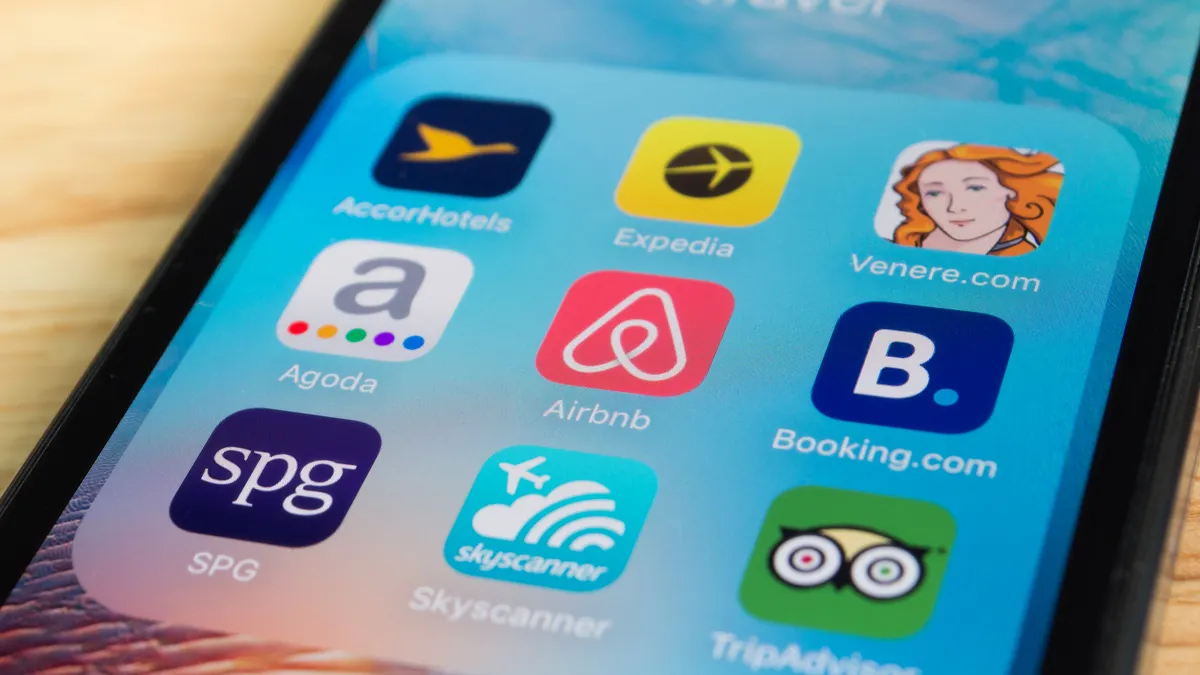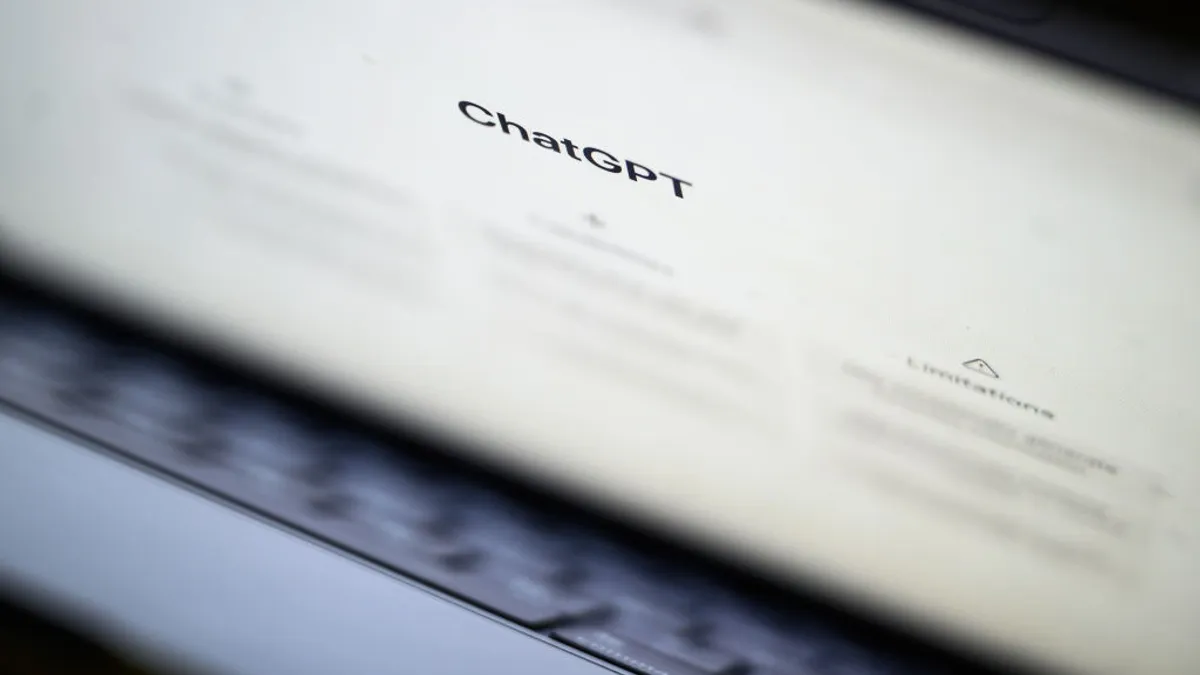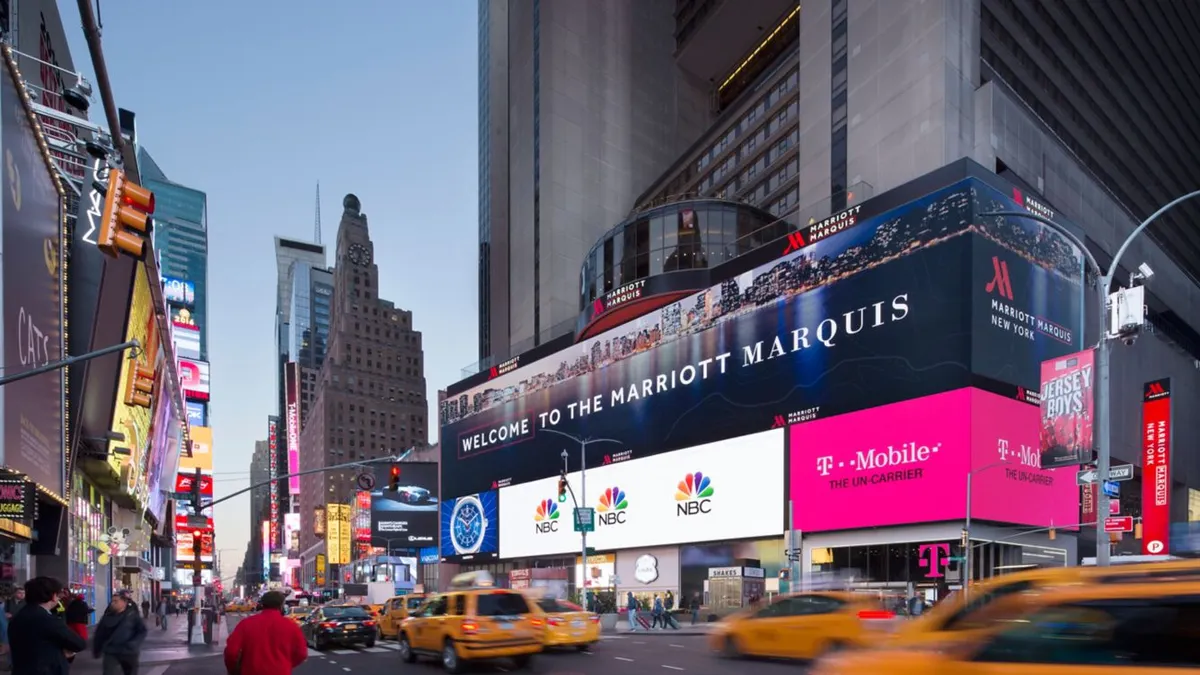When hotel software provider Mews hit unicorn status last month, it was a lovely moment for CEO Matthijs Welle. But the excitement didn’t last long.
“It means more hard work coming my way,” he said, with a chuckle. “The next day I woke up and [was] like, I need to move on to the next phase, which is to scale way beyond the size that we are.”
Welle leads Mews along with founder Richard Valtr, who launched the company in 2012 to migrate hotel technology to the cloud. Valtr’s mission was inspired by his own experience as a former hotelier dealing with less efficient, legacy tech systems that varied from property to property.
Now, Mews serves 5,000 customers across 350,000 venues worldwide, and it’s acquired many of those customers through acquisitions of other hospitality tech startups, such as AI-powered guest insights provider Nomi in October and hotel management software developer Frontdesk Everywhere in January, among others.
Following the March closure of the company’s latest funding round, which netted $110 million, Mews is now valued at $1.2 billion, making it a hospitality unicorn. Welle video chatted with Hotel Dive from his base in Amsterdam to share how those funds are shaping the company’s future, Mews’ ambitious expansion plans and the importance of data security.
This interview has been edited for brevity and clarity.
HOTEL DIVE: Congrats on achieving unicorn status. What does that funding mean for Mews?
MATTHIJS WELLE: There’s multiple angles to it. We've grown really big here in Europe, but in the U.S., we haven't got that same size. We only entered the U.S. in 2019, and then COVID hit, so it was hard for us. Now, we've got about 100 people on the ground. We’ve seen the acceleration and adoption of Mews, but we want to make sure that we get the U.S. right, because if we ever want to look at an IPO, the U.S. is probably the market where we would do that.
On our R&D side, we need to keep innovating because we’ve got some big competitors that we're up against, and we want to make sure that we outcompete all of them with the best, most innovative technology, making sure that we embrace AI and inject that into the platforms.
We're also looking at acquisitions. We've done eight acquisitions so far, and it works. It helps accelerate the growth of the business.
What’s your game plan for expanding in the U.S.?
We actually just hired, a few months ago, a general manager for the U.S. specifically because we want someone who looks after that market, because it's so critical.
We do really well in the independent segments, but when you get into the brands, that's when it gets really interesting, because a brand really looks closely at the efficiencies that we can drive. They want to have lots of integrations, and that's where we're key. When it gets really interesting is when hotels are over 100 rooms, because that means lots of check-ins, lots of checkouts. You've got a really complex operation. I’m like, “Give it to me. I will help you automate the hell out of this.”
Can technology like Mews impact the guest experience?
When you check in at 9 a.m., you know what's happening — the hotel’s going to tell you to put your bags in storage and come back at 3. And it's awful because you've just come off a long flight, and then you're told to store your luggage and just wander around the city for six hours.
That’s not necessary anymore. A hotel’s rooms come back into operation at 3 p.m., which is when your housekeepers go home. But many have cleaned these rooms before then — you just don't know about it at the front desk. But with our housekeeping app, for example, these housekeepers can check them off as inspected immediately, and then through our kiosk product, a hotel can actually upsell early arrivals. So the moment you get to the hotel, and you check in on the kiosk, it's going to say hey, we've got a room available for early check-in. And we see through the data that guests are very happy to pay $20 or $30 extra for the luxury of checking into the room six hours early.
It’s all just creating choices for guests to choose the experience that they want, rather than forcing them through the same experience.

Matthijs Welle
CEO of Mews
That's just one of those very specific examples of a challenge that you see at a hotel. Even upgrading to a high-category room — if it's available, a customer is often very happy to pay a bit extra.
Another example is that we launched an online check-in and online checkout, so customers can check into the hotel completely on their phone like you do with an airline. In certain markets where there’s strong adoption of this, one in three guests in an average hotel check themselves in online.
It’s all just creating choices for guests to choose the experience that they want, rather than forcing them through the same experience. As a business traveler, I might just want to get into my room and know what the Wi-Fi password is. But when I'm on leisure, I might want [the receptionist to] talk to me, and tell me about the city I’m visiting.
How does Mews personalize the hotel experience for guests?
The biggest thing is collecting data. We've always done this in hotels — we've created these giant profiles with information about you, and then you get into the hotel and then the receptionist is like, “Oh, have you stayed with us before?” And you're like, “Yes, 20 times.” It's because the data doesn't get surfaced to the receptionist.
So this is why I get really excited about AI. What we're doing on that side is consuming all of that data, because if I’m a receptionist, I have 10 seconds to figure out from this profile what's going on, because I need to serve you as fast as possible. And this is where I think AI is going to come in and really consume that huge volume of data and say whatever it is — if the customer is allergic to feathers, regularly stays with your hotel or likely to buy an upgrade, for example.
Hotels are particularly vulnerable to cyberattacks. Does Mews prioritize security?
We think very deeply about it. As unexciting as security and privacy can be sometimes, it's the most critical element, because when you check into a hotel, the first question you get asked is for your credit card and your passport, and then [the receptionist is] going to punch that data in the system. So we have to be custodians of this data and make sure that it's safe.
Because we're cloud-first, we've built everything on Microsoft servers, so we've built it already in a safe environment, and we have full access to that. We've really gone through all the audit layers that a CIO would need to certify our system.
When you read about huge hacks that happen in hospitality, you always read about credit card data being stolen, and it's because they hack into the legacy system. Some chain hotels have really old databases with unencrypted credit card numbers. What we do is we use tokenized credit card solutions so we store them in a vault separate from the PMS. No human ever sees a credit card number because we will just give them the token and they can charge against it. So while you may hack the system on some level, you will never get access to the most valuable piece.
What Mews features are hotel managers appreciating the most? And what features are you working on now that aren’t live yet?
Payments has been one of those eye-opening things. The moment you make a booking on the website, we keep your credit card info, and at no point later in your journey will we ever ask you for it again. This was one of those pivotal moments that really transformed us.
The biggest thing for us is making sure that we take in feedback from existing customers, but also at the same time, think about the things they will need later. One [thing we’re working on] is leveraging the data that we have. You should be able to ask the search box smart questions, like, “What was my ADR yesterday and where did it come from?” Whatever random questions you're thinking about — we have the data; it's just not being served to you. So the search box is where we’re doing a lot of work right now to make it much more actionable.


